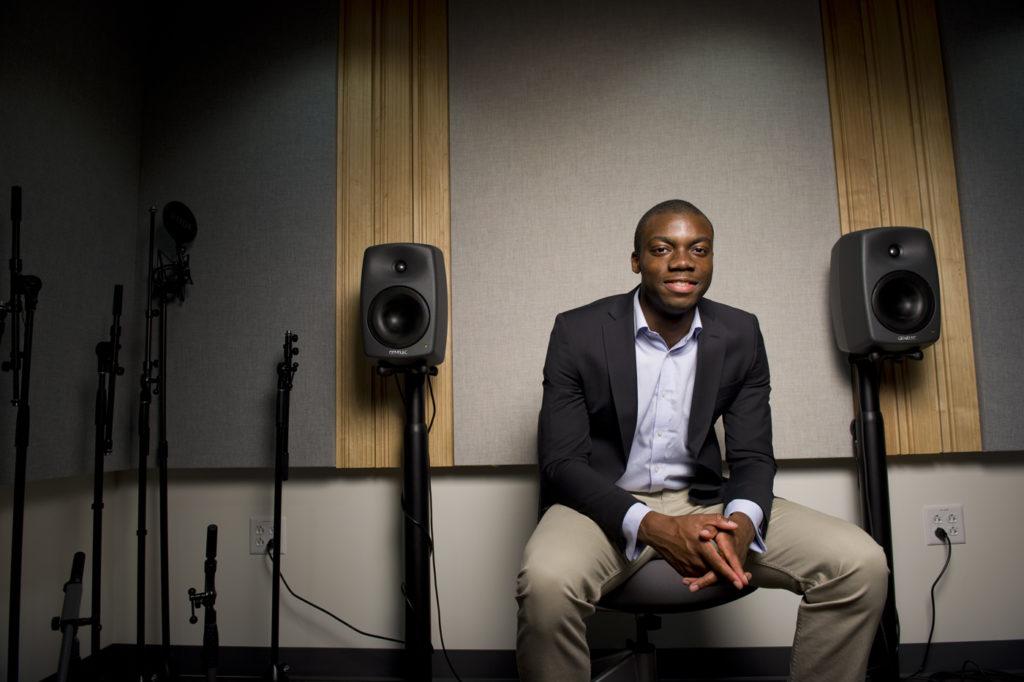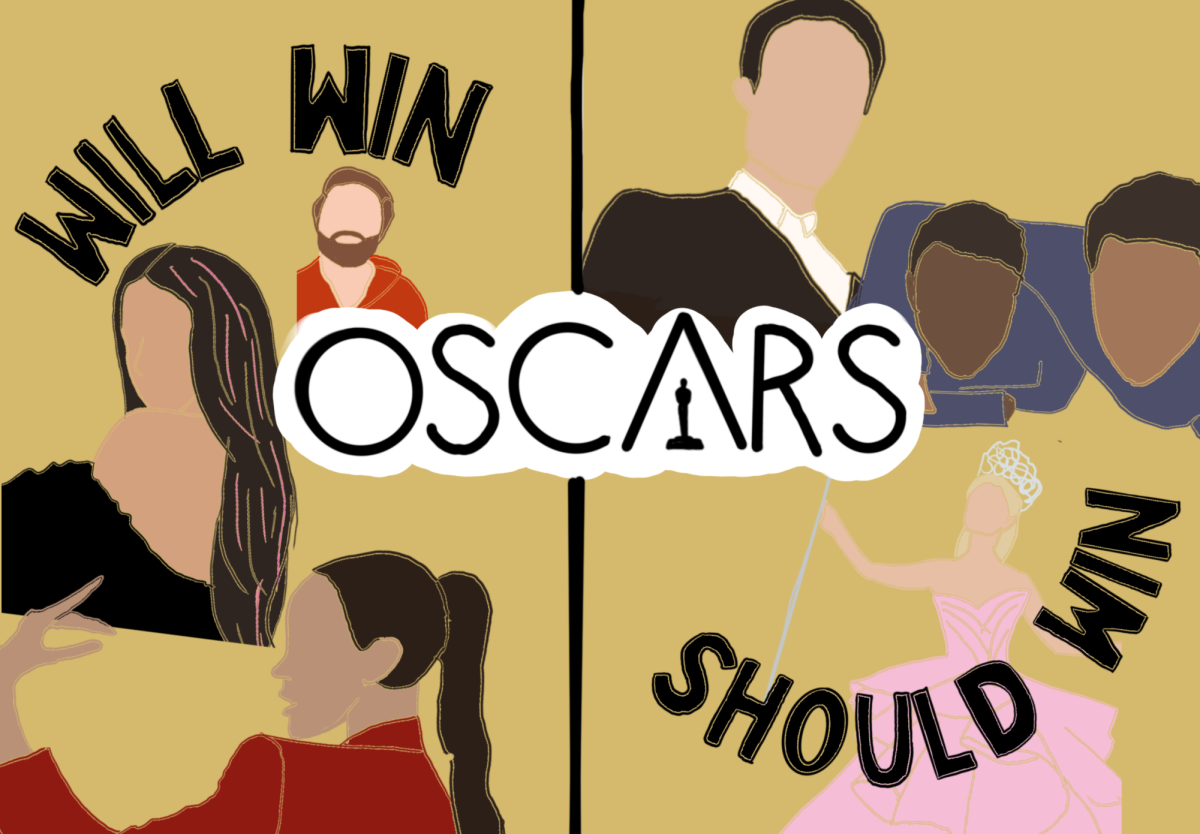By Gemma Bonfiglioli, news correspondent
Toju Ometoruwa, a 22-year-old senior business student at Northeastern, believes that his website, Pickasound, will revolutionize the way people experience music.
Ometoruwa is the founder, product manager and head of business developments at Pickasound, a social platform that allows music fans to collaborate with friends in production, develop new tunes and connect with their favorite music artists. Though the site only launched in September, it has gained substantial buzz for the new way it establishes a relationship between musicians and listeners.
“Most artists today upload a song, people like it, they comment or share it and that’s really all they can do. It’s sort of a limited interaction,” Ometoruwa said. “We wanted to enable people to take that song, remix it, share it with their friends and do more with the content.”
1,800 users from all around the world have already signed up, according to Miki Katoni, head of marketing and communications at Pickasound.
After six years of producing music using GarageBand and sharing his tunes on SoundCloud, Ometoruwa started to question what it would be like to combine the two music programs, bridging the gap between the elements of social listening and music production.
“It’s kind of like an interactive Soundcloud on steroids,” Brad Hatfield, a music professor at Northeastern University, said.
Pickasound gives users who are not experienced in playing instruments or using sophisticated music software programs the opportunity to sample other artist’s projects, upload their own tracks, pull from the Pickasound track library and get a non-commercial copyright to their work.
“Everyone can be creative, so everyone can create and share,” Katoni, also a senior communications major at Northeastern, said. “We want this to be a social network for creativity.”
For most music artists, popularity comes from how many songs they have on their playlists and how many likes and shares they can get from their fans. According to Ometoruwa, there’s still a wall between listening to music and taking part in the creative process.
“I think Pickasound is breaking down that wall,” he said. “It’s basically changing how the music industry is set up now, how artists distribute music, how artists acquire fans… It’s bringing a whole new dimension to that.”
Actualizing this idea has not been an easy process for Ometoruwa and his team, but despite obstacles around copyright and funding, the startup has only continued to grow.
“He’s not giving up easily. This is all really hard stuff to do,” Hatfield, Pickasound’s first investor, said. “He’s also got the bigger job of convincing folks that it’s something worth investing in. I’m clearly a fan because I invested, so that tells you how much I like what he is all about. I’ve got my fingers crossed that he is able to secure what else he might need.”
Right now, Pickasound is solely about collaboration. In the future, the flourishing startup will work to develop a customized artist page for each musician that signs up.
Fans that go on the page can access the artist’s music and remix it.
“If we get the right artists to see how this can really change how they can interact with their fan base, they’ll see the value in what they’re doing,“ Katoni said.
Artists can benefit from Pickasound by promoting their music, tours and merchandise on the site.
“Music is a part of everyone, and Pickasound lets you have a conversation through music,” Katoni said. “Music is a universal language.”
Photo by Brooks Canaday, courtesy Toju Ometoruwa










